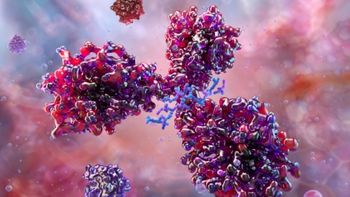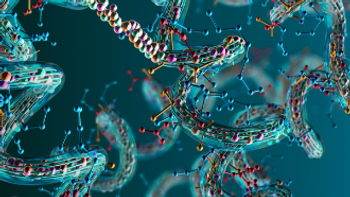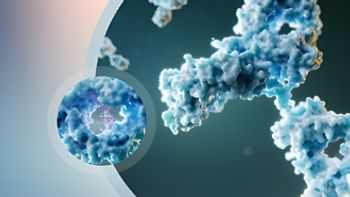
Automating Image Analysis with Deep Learning
Tue, Sep 13, 2022 10:00 AM EDT Discover how AstraZeneca uses Genedata Imagence—an enterprise-scale, deep learning-based software solution for image analysis—for projects spanning different disease areas and stages of R&D
Register Free:
Event Overview:
Imaging assays used in drug discovery and development have grown in complexity. Artificial intelligence-based image analysis methods have the potential to deliver high quality results in an automated, unbiased way and yield biological insights not accessible by traditional image analysis techniques.
Discover how AstraZeneca uses Genedata Imagence—an enterprise-scale, deep learning-based software solution for image analysis—for projects spanning different disease areas and stages of R&D. Learn how this deployment has:
- Enabled assays and endpoints that were previously challenging or not feasible
- Increased assay robustness
- Identified novel phenotypes of value
- Saved time through both facilitated assay development and automated analysis of production-level screens.
Key Learning Objectives:
- Learn how automated workflows for training and deploying neural networks allow broad and scalable application of deep learning for image analysis—without the need for machine learning expertise
- See how deep learning-based approaches can increase mechanistic insight and assay sensitivity, in a case study about cardiac safety profiling
- Learn how to support data-intensive deep learning workflows, across multiple instruments and research sites, using a hybrid AWS cloud/on-premise platform
Who Should Attend:
- Scientific program managers, directors, or laboratory heads looking to better leverage image-based phenotypic screening across multiple stages of discovery, by speeding up image analysis, enabling new assays, and uncovering new phenotypes.
- High-content imaging scientists looking to automate their image analysis and achieve unbiased, high-quality results, by using deep learning.
James Robinson
Director, Pharmacology
AstraZeneca
James studied for a PhD in G protein-coupled receptor (GPCR) signaling and regulation followed by a postdoc focused on mechanistic pharmacology of the Orexin-1 Receptor. He then joined AstraZeneca’s Assay Development team in 2015 and was appointed a Team Leader in the Mechanistic Biology department in 2019, where he is now a Director. James’ group delivers high quality profiling data and deep mechanistic understanding to drive a variety of early drug discovery projects.
James PillingAssociate Principal Scientist, Functional GenomicsAstraZeneca
James Pilling
Associate Principal Scientist, Functional Genomics
AstraZeneca
James joined AstraZeneca in 2004 and has worked with applying novel technologies and approaches to drug discovery processes across various therapeutic areas. Prior to his current role James worked within the High Content Biology Group to develop and deploy high content phenotypic assays, mechanistic profiling, and high content imaging platforms across AstraZeneca.Jeroen OvermanSenior Scientist, Mechanistic Biology & ProfilingAstraZeneca
Jeroen Overman
Senior Scientist, Mechanistic Biology & Profiling
AstraZeneca
Jeroen Overman received his PhD from the University of Queensland, Australia, where he investigated the role of transcription factors in aberrant cardiovascular growth and developed drug discovery projects against novel targets. He then joined Charles River Laboratories to drive mechanistic pharmacology and in-vitro safety screening with a strong focus on high content imaging strategies. In 2020, he joined the department of Mechanistic Biology and Profiling at AstraZeneca, where he delivers profiling data with a deep mechanistic understanding for a wide range of early drug discovery projects across therapeutic areas (TAs).
Register Free:
Newsletter
Stay at the forefront of biopharmaceutical innovation—subscribe to BioPharm International for expert insights on drug development, manufacturing, compliance, and more.




